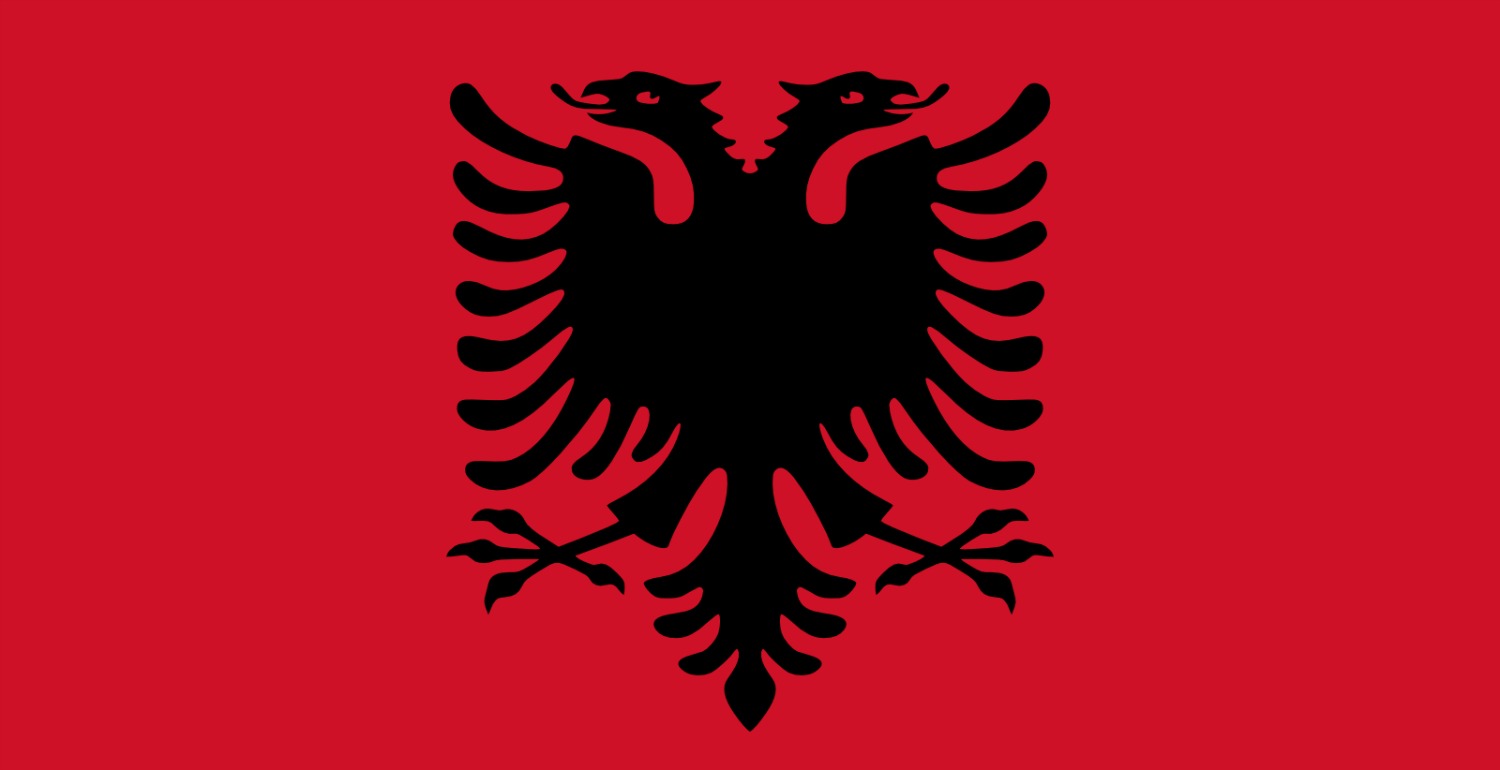The May 1996 parliamentary elections in Albania were the third such elections in that country, which beforehand had by far the most repressive communist regime. It has also been the poorest country in Europe. In March 1991, only four months after political pluralism was tolerated in the country, the commu- nists (Socialist Party) won a majority and maintained control, relying on a less than adequately free and fair electoral process and lingering support in the countryside. In March 1992, the opposition Democratic Party led by Sali Berisha was better able to get the message out to a still traumatized population, and took power as the Socialists conceded. Since that time, there have been incredible economic and political reforms, although since 1994 shortcomings in democratic development seem less the result of the lack of understanding of concepts like the rule of law than more the overbearing nature of the Democratic Party’s core leadership, especially after splits within the party led to the departure of some of its earlier leaders. The Democrats received a significant setback in November 1994 when popular resentment led to the defeat in a referendum of a new constitution for the country. The situation is exacerbated by an only partly reformed Socialist opposition, which has been inclined more to obstruct and provocate than anything else.
The elections were for 140 seats in the unicameral Assembly, 115 of them contested on the basis of majority races in electoral zones, with second-round runoffs, and 25 on the basis of a proportional division of parties achieving at least 4 percent of the vote. This gave the electorate two votes, one for a specific candidate and one for a political party. Members of several opposition parties complained that the greater preference given to the majority system favored the ruling party, or larger parties which would only include the Socialists. Democratic Party leaders argued that this is not necessarily the case, and that the majority system permits direct contact between a candidate and a constituency, thus strengthening democratic development. From the viewpoint of the election observer, either system or combination thereof is legiti- mate as long as it was approved through democratic means.
A recently adopted law — called the Genocide Law — and a commission established to implement it had an impact on the eligibility for candidacy. The law prohibited those who “collaborated” with the com- munist regime from holding office until 2002. Given the severity of the repression during the communist era, it is not surprising that such a prohibition would be popular, but the commission which made the decisions was under government control and did not act in a transparent matter. Indeed, some opposition members called it unconstitutional because it was acting as a court when it was not. A total of 139 people were declared ineligible to compete in the elections, 57 of whom appealed decisions, seven successfully. Only three of the 139 people prohibited came from the ruling party, although it was claimed that the Democratic Party had told people who would probably also have been prohibited not to run as a candidate in the first place.
The campaign period began in April, allowing a reasonable amount of time for political parties to get their message across. In fact, as these elections were required by the expiration of the mandate of the previously elected Assembly, the political parties were generally preparing for the elections months before- hand. The print media in Albania is almost all completely biased in favor of one party or another, allowing all points of view to be expressed but with little objective analysis available. The broadcast media is state controlled and had a definite but not overwhelming bias in its coverage of the campaign. However, the election law stipulated time frames for each political party in the campaign to present itself to the voters on television, and this was advantageous to the party in power. Many of the political parties campaigned by holding mass rallies. Opposition parties complained that the police in some towns prevented party leaders from traveling to attend rallies, and the Socialists were denied the ability to hold a final rally on the central (Skenderbeg) square of the capital city, Tirana, because it would disrupt traffic. A Democratic Party rally, on the other hand, was permitted because it was technically scheduled as an official address by Sali Berisha as the Albanian President.






